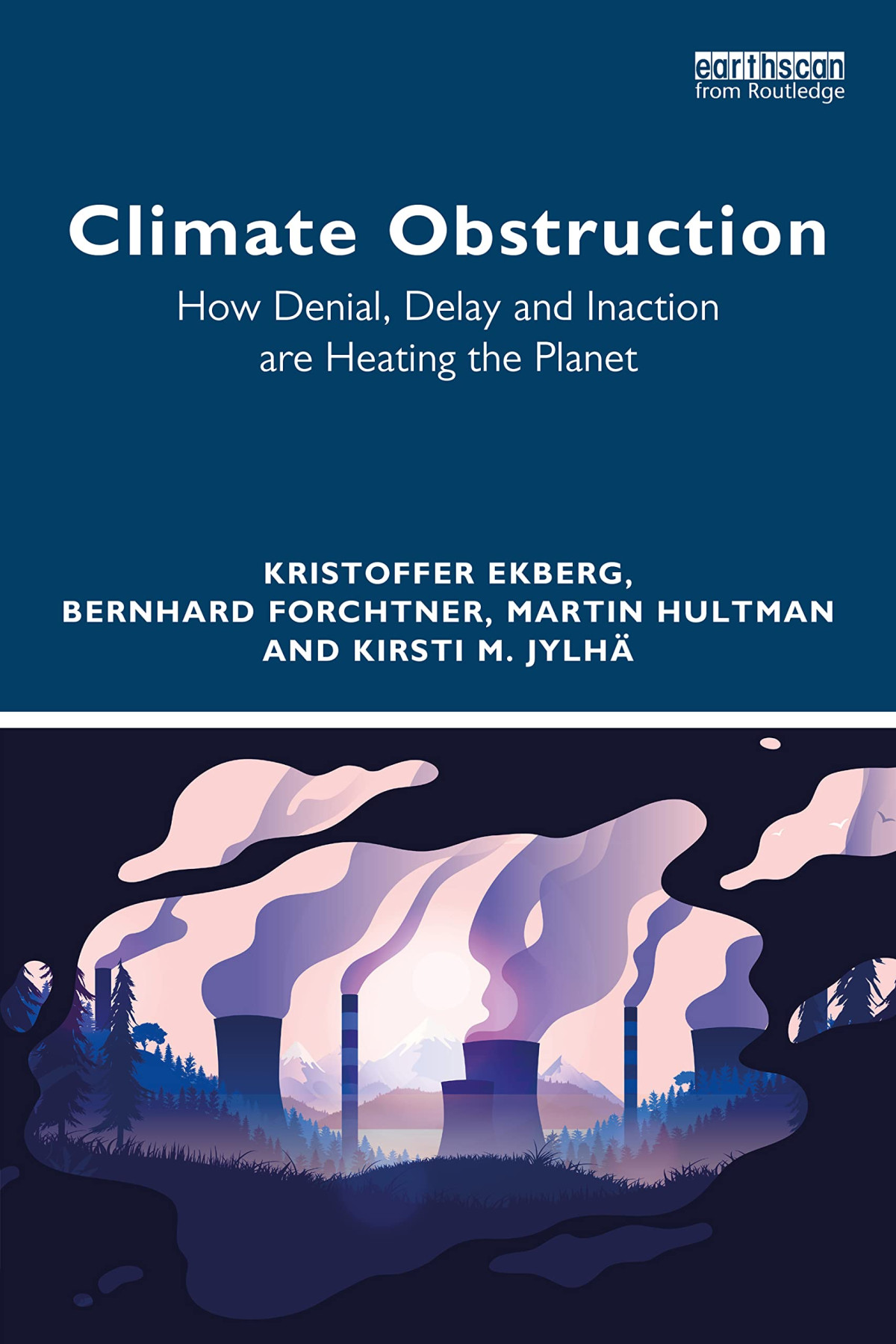

Most ebook files are in PDF format, so you can easily read them using various software such as Foxit Reader or directly on the Google Chrome browser.
Some ebook files are released by publishers in other formats such as .awz, .mobi, .epub, .fb2, etc. You may need to install specific software to read these formats on mobile/PC, such as Calibre.
Please read the tutorial at this link: https://ebookbell.com/faq
We offer FREE conversion to the popular formats you request; however, this may take some time. Therefore, right after payment, please email us, and we will try to provide the service as quickly as possible.
For some exceptional file formats or broken links (if any), please refrain from opening any disputes. Instead, email us first, and we will try to assist within a maximum of 6 hours.
EbookBell Team

0.0
0 reviewsIn Climate Obstruction: How Denial, Delay and Inaction are Heating the Planet, Kristoffer Ekberg, Bernhard Forchtner, Martin Hultman and Kirsti Jylhä bring together crucial insights from environmental history, sociology, media and communication studies and psychology to help us understand why we are failing to take necessary measures to avert the unfolding climate crisis.
They do so by examining the variety of ways in which meaningful climate action has been obstructed. This ranges from denial of the scientific evidence for human-induced climate change and its policy consequences, to (seemingly sincere) acknowledgement of scientific evidence while nevertheless delaying meaningful climate action. The authors also consider all those actions by which often well-meaning individuals and collectives (unintendedly) hamper climate action. In doing so, this book maps out arguments and strategies that have been used to counter environmental protection and regulation since the 1960s by, first and foremost, corporations supported by conservative actors, but also far-right ones as well as ordinary citizens.
This timely and accessible book provides tools and lessons to understand, identify and call out such arguments and strategies, and points to actions and systemic and cultural changes needed to avert or at least mitigate the climate crisis.